[영어로 읽는 세기의 名연설] <24> 힐러리 클린턴의 베이징 연설
⊙ 연설 배경
이 연설은 현재 미국 국무장관인 힐러리 클린턴 여사가 1995년 당시 클린턴 대통령부인자격으로 중국 베이징에서 행한 연설이다.
여성 인권 신장에 대한 내용이 담겨 있다.
⊙ 힐러리 클린턴
힐러리 클린턴 여사(Hillary Diane Rodham Clinton · 1947년~ )는 1947년 미국 시카고에서 태어났으며 명문 웨슬리대를 졸업한뒤 예일대에서 법학박사 학위를 받았다.
클린턴이 아칸소주 주지사로 당선되면서 적극적으로 여성인권신장 및 사회 봉사활동을 펼쳤다.
2000년 연방상원의원으로 당선됐으며 2008년에 대선에 출마했으나 오바마 후보에게 당내 경선에서 패배했다.
2009년부터 국무장관을 맡고 있다.
⊙ 원문 내용
![[영어로 읽는 세기의 名연설] <24> 힐러리 클린턴의 베이징 연설](https://img.hankyung.com/photo/200910/2009101450591_2009101605731.jpg)
This is truly a celebration - a celebration of the contributions women make in every aspect of life; in the home,on the job,in their communities,as mothers,wives,sisters,daughters,learners,workers,citizens and leaders.
It is also a coming together,much the way women come together every day in every country.
We come together in fields and in factories.
In village markets and supermarkets.
In living rooms and board rooms.
Whether it is while playing with our children in the park,or washing clothes in a river,or taking a break at the office water cooler,we come together and talk about our aspirations and concerns.
And time and again,our talk turns to our children and our families.
However different we may be,there is far more that unites us than divides us.
We share a common future.
And we are here to find common ground so that we may help bring new dignityand respect to women and girls all over the world- and in so doing,bring new strength and stability to families as well.
By gathering in Beijing,we are focusing world attention on issues that matter most in the lives of women and their families; access to education,health care,jobs and credit,the chance to enjoy basic legal and human rights and participate fully in the political life of their countries.
There are some who question the reason for this conference.
Let them listen to the voices of women in their homes,neighborhoods,and workplaces.
There are some who wonder whether the lives of women and girls matter to economic and political progress around the globe.
Let them look at the women gathered here and at ①Huairou - the homemakers,nurses,teachers,lawyers,policymakers, and women who run their own businesses.
It is conferences like this that compel governments and people everywhere to listen,look and face the world's most pressing problems.
Wasn't it after the women's conference in Nairobi ten years ago that the world focused for the first time on the crisis of domestic violence?
Earlier today,I participated in a World Health Organization forum,where government officials,NGOs,and individual citizens are working on ways to address the health problems of women and girls.
Tomorrow,I will attend a gathering of the United Nations Development Fund for Women.
There,the discussion will focus on local - and highly successful - programs that give hard-working women access to credit so they can improve their own lives and the lives of their families.
What we are learning around the world is that if women are healthy and educated,their families will flourish.
If women are free from violence,their families will flourish.
If women have a chance to work and earn as full and equal partners in society,their families will flourish.
And when families flourish,communities and nations will flourish.
That is why every woman,every man,every child,every family,and every nation on our planet has a stake in the discussion that takes place here.
Over the past 25 years,I have worked persistently on issues relating to women,children and families.
Over the past two-and-a-half years,I have had the opportunity to learn more about the challenges facing women in my own country and around the world.
I have met new mothers in Jojakarta,Indonesia,who come together regularly in their village to discuss nutrition,family planning,and baby care.
I have met working parents in Denmark who talk about the comfort they feel in knowing that their children can be cared for in creative,safe,and nurturing after-school centers.
I have met women in South Africa who helped lead the struggle to end apartheid and are now helping build a new democracy.
I have met with the leading women of the Western Hemisphere who are working every day to promote literacy and better health care for the children of their countries.
I have met women in India and Bangladesh who are taking out small loans to buy milk cows ②rickshaws,thread and other materials to create a livelihood for themselves and their families.
I have met doctors and nurses in Belarus and Ukraine who are trying to keep children alive in the aftermath of Chernobyl.
The great challenge of this Conference is to give voice to women everywhere whose experiences go unnoticed,whose words go unheard.Women comprise more than half the world's population.
Women are 70% percent of the world's poor,and two-thirds of those who are not taught to read and write.
Women are the primary caretakers for most of the world's children and elderly.
Yet much of the work we do is not valued - not by economists,not by historians,not by popular culture,not by government leaders.
At this very moment,as we sit here,women around the world are giving birth,raising children,cooking meals,washing clothes,cleaning houses,planting crops,working on assembly lines,running companies,and running countries.
Women also are dying from diseases that should have been prevented or treated: they are watching their children ③succumb to malnutrition caused by poverty and economic deprivation: they are being denied the right to go to school by their own fathers and brothers: they are being forced into prostitution,and they are being barred from the bank lending office and banned from the ballot box.
Those of us who have the opportunity to be here have the responsibility to speak for those who could not.
☞ 다음호에 계속
▶ Words & Idioms
① Huairou : 화이러우, 중국 베이징 북쪽 교외지역에 위치한 구(區)
② rickshaws : 인력거
③ succumb : 굴복하다
-
기사 스크랩
-
공유
-
프린트
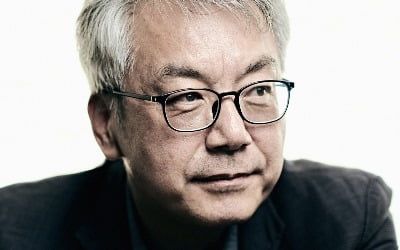
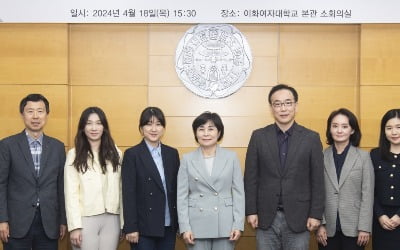
![[커버스토리] '뉴 스페이스' 시대…한국의 미래는?](https://img.hankyung.com/photo/202404/AA.36467506.3.jpg)
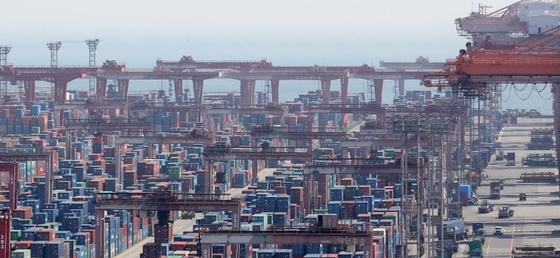
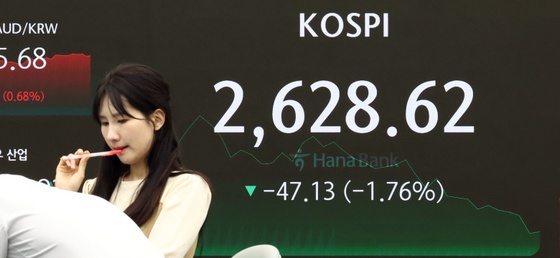

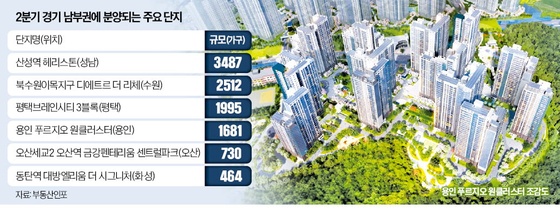
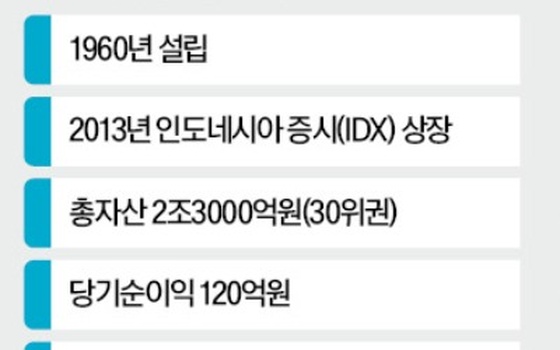
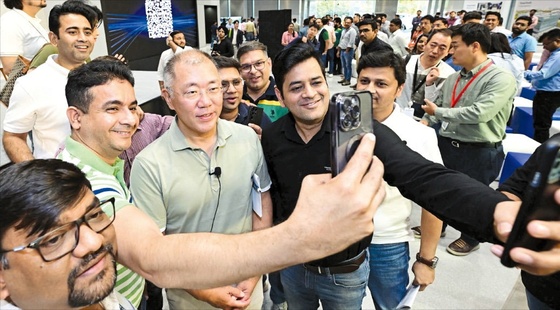
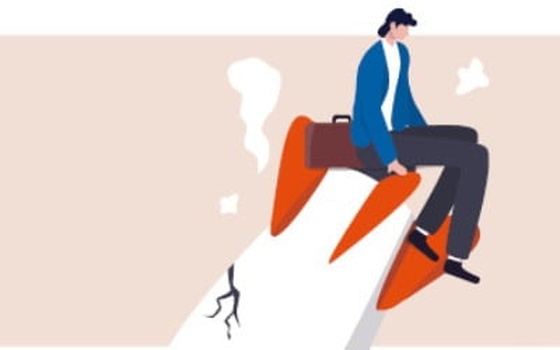
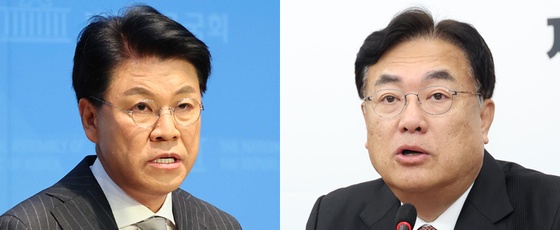
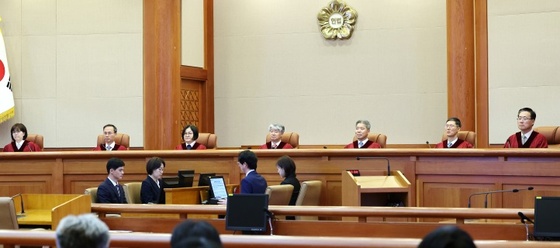
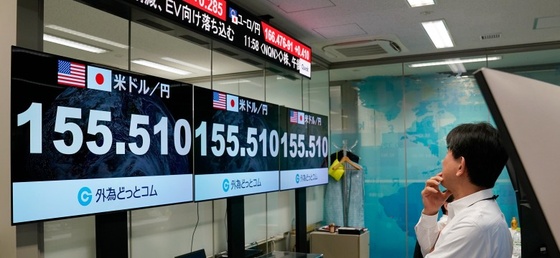
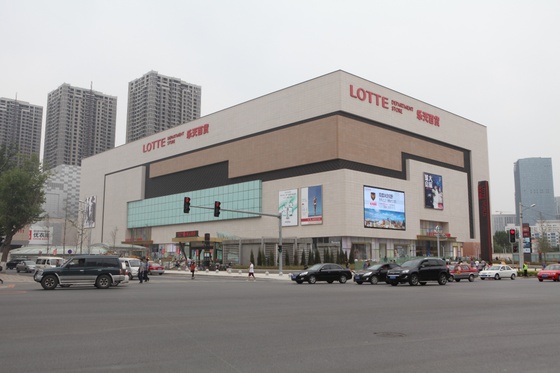
![[오늘의 arte] 독자 리뷰 : 당신의 미술 취향은 무엇인가요](https://timg.hankyung.com/t/560x0/photo/202404/AA.36523699.3.jpg)